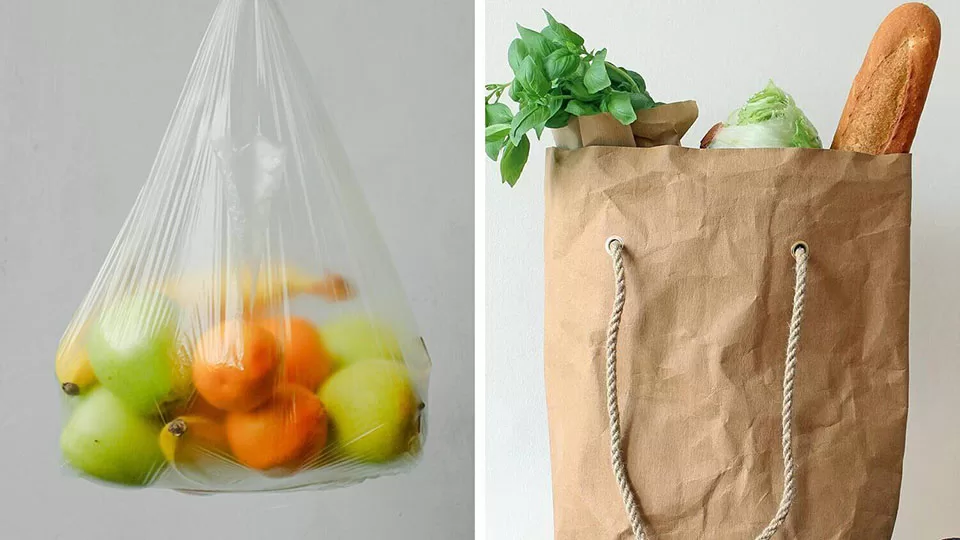Uncategorized
Flexo Printing vs. Offset Printing: A Comprehensive Comparison
Flexo printing (Flexography printing) and offset printing are two of the most common printing methods used in the printing industry. Both have their own strengths and weaknesses, and the best method for a particular project will depend on a number of factors, including the type of material being printed, the desired print quality, and the production volume.
Mục lục
Flexo Printing
Flexo is a type of relief printing that uses a flexible rubber plate to transfer ink onto a substrate. It is a versatile process that can be used to print on a wide variety of materials, including paper, cardboard, plastic, and film. It is also a relatively low-cost process, making it a popular choice for high-volume printing projects.
Offset Printing
Offset printing is a type of lithographic printing that uses a plate to transfer an image onto a rubber blanket, which then transfers the image onto the substrate. Offset printing is known for its high print quality and its ability to produce a wide range of colors. However, it is also a more expensive process than flexo.
Comparison Chart

Key Differences
- Printing Plates: Flexo uses a flexible rubber plate, while offset printing uses a rigid metal plate.
- Ink Transfer: Flexo transfers ink directly from the plate to the substrate, while offset printing transfers ink from the plate to a rubber blanket and then to the substrate.
- Print Quality: Offset printing generally produces higher quality prints than flexo printing, but flexo has improved significantly in recent years.
- Speed: Flexo is typically faster than offset printing, making it a good choice for high-volume projects.
- Cost: Flexography is generally less expensive than offset printing, especially for shorter runs.
- Substrate Compatibility: Flexography printing is more versatile than offset printing, as it can be used to print on a wider range of materials.
Choosing the Right Printing Method
The best printing method for a particular project will depend on a number of factors, including the type of material being printed, the desired print quality, the production volume, and the budget.
- Flexo is a good choice for high-volume printing projects on a variety of materials, such as corrugated cardboard, plastic, and film. It is also a good choice for projects with shorter lead times and lower budgets.
- Offset printing is a good choice for high-quality printing projects on paper, such as magazines, brochures, and books. It is also a good choice for projects that require a wide range of colors and fine detail.
Ultimately, the best way to choose between flexo printing and offset printing is to consult with a professional printer who can help you assess your specific needs and recommend the best option for your project.
Additional Considerations
- Environmental Impact: Flexography is generally considered to be more environmentally friendly than offset printing, as it uses less water and ink.
- Setup Time: Flexography typically has a shorter setup time than offset printing, which can be an advantage for shorter runs.
- Image Resolution: Offset printing is generally better suited for high-resolution images, while flexo is better for images with lower resolution.
By understanding the strengths and weaknesses of each printing method, you can make an informed decision about which one is right for your project.
Contact
Tel: (+84)24.6657.2776
Hotline: +84.975.960.929/+84.967.131.614










